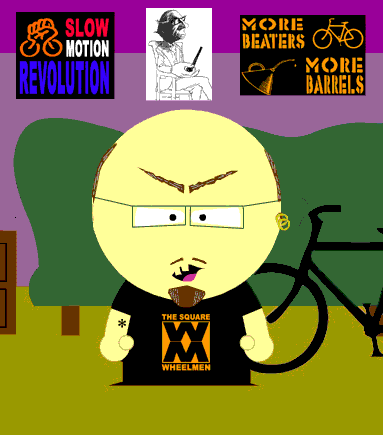The reluctant controversialist
on the continuing relevance
of Isaiah Berlin
of Isaiah Berlin
The Guardian, 7 April 07: Nicholas Lezard reviews Berlin's Political Ideas in the Romantic Age: Their Rise and Influence on Modern Thought.
Maurice Bowra, warden of Wadham College, Oxford, once quipped that Isaiah Berlin, like God, said much, but published little. True then, for Berlin's reputation was based on lectures that were largely uncollected in his lifetime; but not now, not since Henry Hardy started tirelessly, and with immense dedication and scruple, to edit his works. In this volume, we have one of the most central sources for much of Berlin's thought. If you've collected the lot so far, then you'll find much in here that is familiar; if you haven't, then this would be as good a place to start as any.
It is interesting, though, that Berlin, who was mild-mannered right down to his political and philosophical boots, should generate the degree of controversy that he does today. That he does so at all should, before anything else is said, kill any argument as to his "relevance". On the face of it, you might wonder what a man who, almost notoriously, avoided specific reference to the totalitarianism that was ravaging the world during every phase of his career could say to us now. That's on the face of it. Start reading him and it begins to look as though he wrote about almost nothing else. He just started earlier, as if in implicit endorsement of Zhou Enlai's (20th-century) remark on the impact of the French revolution: "It's too early to tell."
So here we have a ringing, yet also considered, denunciation of Rousseau as one of the minds responsible, albeit at a distance, for some of the modern age's most bloodthirsty atrocities - most particularly those committed in the name of liberty and equality. What makes Berlin such a compelling historian, and one of the very few of whom it will always be said that he is a pleasure to read, was the way that he got under the skin of people whose opinions he found, after considered thought, abhorrent. Here he is on Rousseau's idea of freedom: "To rob a man of freedom was to treat him as a chattel - as someone not capable of spontaneous activity - to deny that he was responsible for his acts, capable of good and evil, deserving of praise and blame, that he was the kind of being whose spiritual activity alone made whatever had been or could be done worth doing ... Justice, virtue, duty, truth, the morally good and bad, could not exist unless man was a free being capable of choosing freely between right and wrong, and therefore accountable for his acts." I've quoted at some length, and there's much more, and so stirringly expressed that by the end of it you're brushing a tear from your eye at the thought of Rousseau's nobility. That's before Berlin starts putting the skewers in and showing us that this is how it all goes wrong and leads to "enlightened despotism", which is, in Berlin's phrase, "one of the most powerful and dangerous arguments in the entire history of human thought".
Against the zeal of the reformer Berlin places his definition of - to use current jargon - best practice: "We cannot have everything, hence we strike a mean, and hope to get as much as can be preserved, as good a bargain as is feasible, given that things are what they are, human nature is what it is, events have occurred as they have occurred." You can see how this could be interpreted as complacency, particularly by those at the time on the impatient left; but as it turns out, and as more disasters roll across our field of view, it doesn't seem that bad a precept, and would certainly have spared millions of lives if properly lived by.
If any doubt remains as to the value of reading Berlin today, bear in mind that the recent TV series The Trap ended with an examination of Berlin's two ideas of liberty: the negative kind, which means being allowed to do what you want as long as it doesn't harm anyone else; and positive freedom, which can end up with wildly counterproductive reformation. There's a version of one of his most famous lectures on the subject, "Two Concepts of Freedom", in the book under review. His ideas are still worth debating today, and for the foreseeable future.
Labels: books, Isaiah Berlin, pensées







0 Comments:
Post a Comment
<< Home